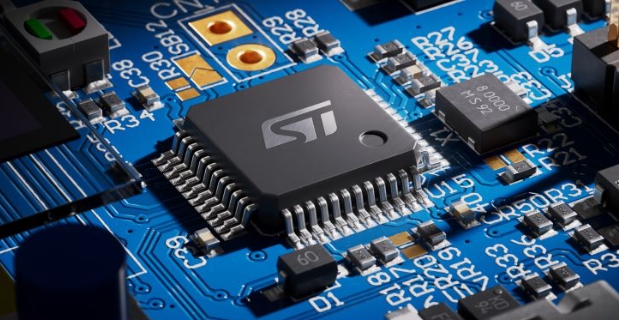ST breaks through the 20nm technology node, increase cost competitiveness of new microcontrollers

STMicroelectronics(ST) announced an advanced manufacturing process based on 18nm fully depleted silicon on Insulator (FD-SOI) technology and integrated with embedded phase change memory (ePCM) to support the evolution of next-generation embedded processors. This breakthrough process technology, achieved in partnership with Samsung Foundry, is expected to revolutionize embedded processing applications by enabling significant leaps in performance and energy efficiency, while enabling the integration of larger memory and a wider range of analog and digital peripherals.
This new process technology integrating embedded phase change memory (ePCM) represents a disruptive advancement that will redefine the embedded processor landscape. The first product of the next generation of STM32 microcontrollers based on the new technology will be available to some customers in the second half of 2024, with production scheduled for the second half of 2025.
Compared with existing ST 40nm embedded non-volatile memory (eNVM) technology, the 18nm FD-SOI manufacturing process with ePCM significantly improves product quality, achieving a double leap in performance and power consumption. In addition, the technology's proven high-temperature operation, radiation resistance and data retention capabilities have proven its reliability in the automotive market and meet the stringent requirements of industrial applications.
This technological breakthrough not only represents a significant leap in performance and power efficiency, but is also expected to enhance the cost competitiveness of new generation microcontrollers. The resulting cost-competitive new technology will provide developers with high-performance, low-power, wireless MCUs equipped with expanded memory capacity to meet the needs of emerging markets such as edge artificial intelligence processing, multi-radio protocol stacks, wireless networking, etc.
STMicroelectronics' breakthrough on the 18nm FD-SOI technology node, coupled with the integration of ePCM, heralds a new era of innovation and progress in the field of embedded processors, which is expected to reshape the embedded processing application landscape and empower development People have unprecedented capabilities to drive the next wave of technology.









